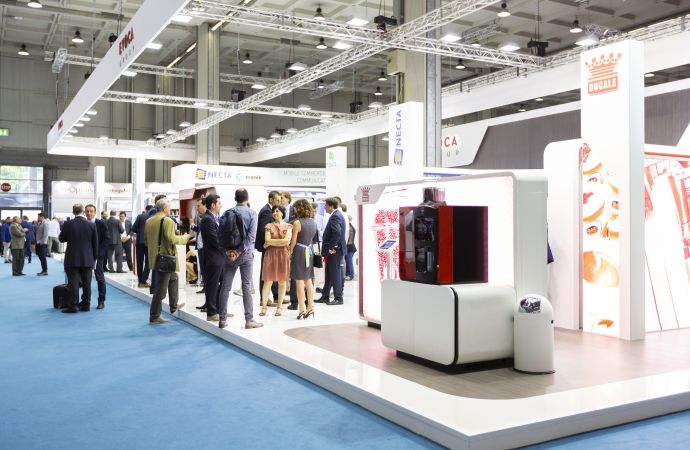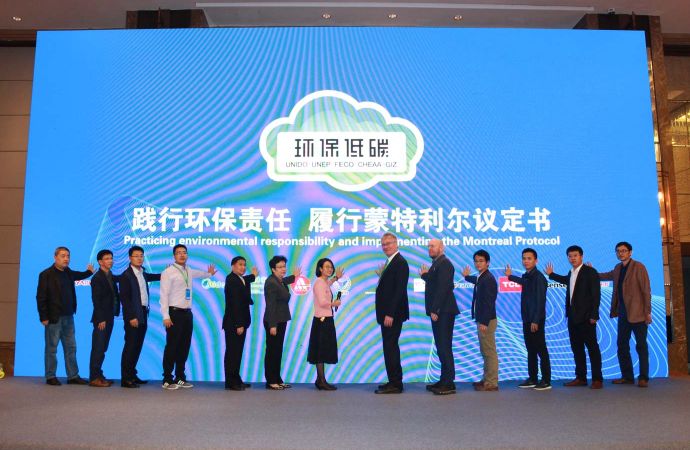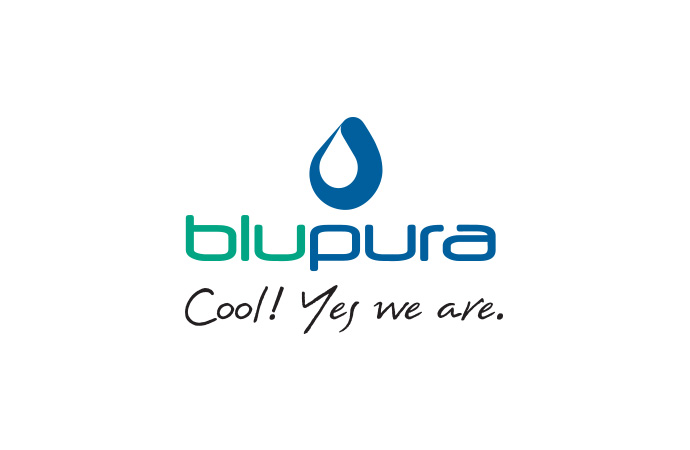Among the companies exhibiting at Venditalia, there was not yet a clear trend towards adopting CO2 or hydrocarbons as the natural refrigerant of choice.

Among the companies exhibiting last week at Venditalia in Milan, Italy (6-9 June), there was not yet a clear trend towards adopting CO2 or hydrocarbons as the natural refrigerant of choice in vending machines and bottle coolers to replace the HFCs being phased down under the EU F-Gas Regulation. Whilst several companies are investing in new CO2-based systems, others see hydrocarbons as the best solution.
Italian and European firms are slowly starting to debate which natural refrigerant they should use in their systems. Not many companies in this industry sector have been using natural refrigerants since the beginning. In this regard, a remarkable example is Blupura, which for ten years has been producing propane-based water chillers. Debora Screpanti (marketing manager) told this website that Blupura would soon launch a massive communications campaign to inform the public about the implications of the EU F-Gas Regulation and the impetus it gives to choose their environmentally-friendly products.
Other big players have different strategies. Some (EPTA, Sielaff, Sanden Vendo) welcome the use of hydrocarbons, and took advantage of the event to showcase some new models (read here about Sanden Vendo DV9). Others are instead investing in CO2 research: FAS, for example, presented its first vending machine (FASTER 1050) using carbon dioxide.
Some smaller companies are waiting to see how market demand will evolve in the coming months before taking a clear decision.
Yet some of the Italian firms this website spoke to did not seem to be fully aware of the effects of the EU F-Gas Regulation. Confusion also surrounded refrigerant definitions (HFO blends confused with natural refrigerants) and deadlines for the HFC phasedown. Enrico Capello, editor at Vending Press (the leading Italian magazine in the vending machines sector), confirmed this: “The Italian industry has always been slow in understanding the effects of European regulations. Despite the one on f-gases being already binding, the main focus of the industry seems to be on the one to reduce mono-use plastic cups and sticks, still under discussion in Brussels.”
Among the companies exhibiting natural refrigerant solutions at the fair were Latvia’s Visible Vending (which, amongst other products, makes both indoor and outdoor automatic milk machines), which uses isobutane (R600a) cooling systems. La Rude, the only company at Venditalia focusing on mobile refrigeration, has started intense tests on CO2 units. The firm cited the flammability of hydrocarbons as an obstacle to their use in portable units for the transport sector.
Venditalia is one of the major events worldwide for the vending machines sector. It is held every two years in Milan (Italy): the 2018 edition took place on 06-09 June. It reported an increase in the presence of international companies (almost one third of the 300 total, being the others from Italy) and participants (one fifth of the total). Interest was also raised by the new fiscal incentives granted by the Italian Ministry of Economic Development for environmentally-friendly vending machines using cutting-edge technologies (e.g. computer numerical control, improved client-machine interface, etc.).
Related stories




